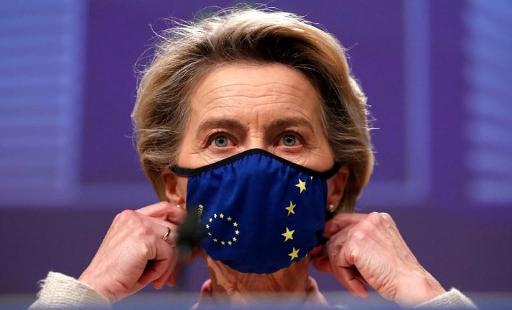In addition to Belgium, nine Member States of the Schengen or associated area have reintroduced border controls in recent weeks in the context of the health crisis.
The states in question are Germany, Spain, the Czech Republic, Denmark, Hungary, Austria, Portugal, Finland and Norway, which is not a member of the EU but is associated with the Schengen area of internal free movement. The modalities and exceptions to these prohibitions vary.
In Belgium, non-essential travel to and from Belgium has been banned since 27 January, a rule which is set to remain in place until 1 April.
The measure goes beyond the EU recommendations based on Commission proposals, which only recommend "strongly discouraging" non-essential travel to risk areas, not banning it.
The Commission is putting pressure on Belgium and the other countries that introduced border controls to comply with the recommendations.
Related News
- EU 'concerned' about Belgium's extension of non-essential travel ban
- 'Proportionality' of Belgium's travel ban extension is EU's main concern
- German border controls provoke anger from neighbouring countries
Member States do have the legal possibility to restrict the free movement of people for health reasons.
However, as far as Belgium is concerned, the Commission points to a lack of proportionality in the ban, as it applies indiscriminately, regardless of destination, despite the fact that there are certain green zones on the map of the European Centre for Disease Prevention and Control (ECDC).
The ban, however, can also be seen as a way of preventing the disease from spreading to less infected countries, an EU official said Tuesday, reports the Belga news agency.
Discussions with the Belgian authorities will continue next week, "and we understand that they are going to review the travel measures."
The situation and the ban on non-essential travel and other measures will be reassessed at the Consultative Committee meeting on 26 February.
The Brussels Times

